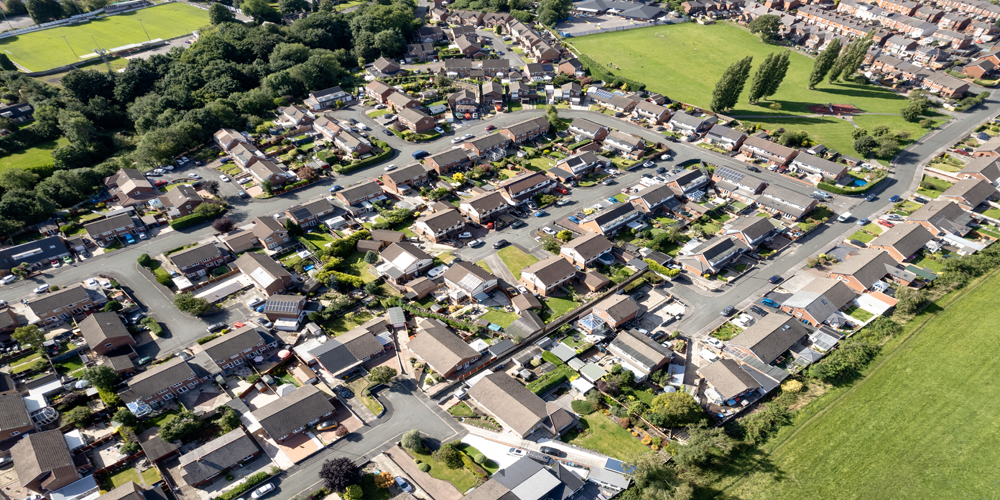Breaking Ground: Real Estate Ventures in London
been a hotbed of activity, drawing investors from around the globe seeking lucrative opportunities. From historic landmarks to modern skyscrapers, the city’s skyline is a testament to its dynamic and ever-evolving property landscape. In this comprehensive exploration, we delve into the diverse facets of real estate ventures in London, uncovering key trends, investment strategies, challenges, and the future outlook of this bustling market.
Historical Context: To truly understand London’s real estate market, one must delve into its rich history. Dating back centuries, the city has witnessed the rise and fall of empires, economic booms, and transformative urban development. From the iconic architecture of the Victorian era to the post-war reconstruction efforts, each period has left its mark on the city’s real estate landscape. Historic landmarks such as Buckingham Palace, the Tower of London, and St. Paul’s Cathedral not only serve as cultural icons but also as prime examples of enduring real estate value.
Market Dynamics: London’s real estate market operates within a complex web of economic, social, and regulatory dynamics. Factors such as population growth, employment trends, interest rates, and government policies all play a significant role in shaping market conditions. Over the years, London has experienced both booms and busts, with periods of rapid appreciation followed by corrections. Nevertheless, the city’s enduring appeal as a global financial hub and cultural center continues to underpin demand for property across its diverse neighborhoods.
Residential Sector: The residential real estate market in London is perhaps the most closely watched and fiercely competitive segment. From luxury penthouses overlooking the Thames to quaint mews houses in leafy suburbs, the city offers a diverse range of housing options to cater to various tastes and preferences. However, affordability remains a persistent challenge, with rising prices outpacing income growth for many residents. The debate over gentrification and housing affordability has spurred calls for greater government intervention and innovative solutions to address the housing crisis.
Commercial Sector: London’s commercial real estate market is a dynamic ecosystem encompassing office buildings, retail spaces, and industrial properties. The city’s status as a global financial center attracts multinational corporations, leading to robust demand for premium office space in prime locations such as the City of London and Canary Wharf. However, the rise of remote work and shifting consumer preferences have forced landlords and developers to rethink traditional office and retail concepts. Flexibility, sustainability, and technology are becoming increasingly important considerations in the design and management of commercial properties.
Regulatory Landscape: Navigating the regulatory landscape is a critical aspect of real estate ventures in London. From planning permissions to tax regulations, developers and investors must stay abreast of evolving rules and compliance requirements. The introduction of measures such as the stamp duty land tax and the non-resident capital gains tax has had a significant impact on investment decisions and market dynamics. Moreover, the debate over Brexit and its implications for immigration, trade, and financial services has added a layer of uncertainty to the real estate market.
Investment Strategies: For investors seeking to capitalize on London’s real estate market, adopting a strategic approach is essential. Whether investing in residential properties for rental income, commercial developments for capital appreciation, or mixed-use projects for diversification, each strategy carries its own set of risks and rewards. Moreover, factors such as location, market trends, and financing options must be carefully considered to optimize returns and mitigate risks. Real estate investment trusts (REITs), private equity funds, and joint ventures are some of the vehicles commonly used by investors to access the London market.
Challenges and Opportunities: While London offers abundant opportunities for real estate investment, it also presents a myriad of challenges. Regulatory constraints, planning delays, construction costs, and geopolitical risks can all impact project viability and profitability. Moreover, socio-economic factors such as income inequality, housing affordability, and environmental sustainability are increasingly shaping the discourse around real estate development. However, with challenge comes opportunity, and innovative approaches such as modular construction, brownfield redevelopment, and green building initiatives are paving the way for a more sustainable and inclusive real estate future.
Future Outlook: Looking ahead, the future of real estate ventures in London is both promising and uncertain. The city’s resilient economy, cultural richness, and global connectivity continue to attract investors and residents alike. However, ongoing geopolitical shifts, technological disruptions, and environmental imperatives are reshaping the real estate landscape in profound ways. Embracing innovation, fostering collaboration, and addressing pressing societal needs will be key to unlocking the full potential of London’s real estate market in the years to come.
London’s real estate market is a dynamic and multifaceted ecosystem driven by a complex interplay of factors. From historic landmarks to cutting-edge developments, the city offers a wealth of opportunities for investors, developers, and residents alike. However, navigating this ever-changing landscape requires careful planning, strategic foresight, and a deep understanding of market dynamics. By embracing innovation, sustainability, and inclusivity, London can continue to thrive as a global real estate powerhouse in the 21st century.
